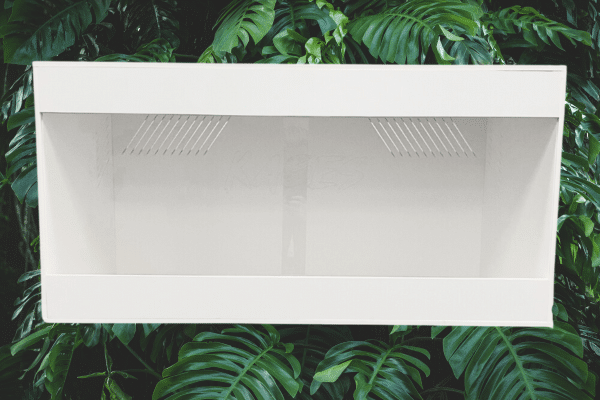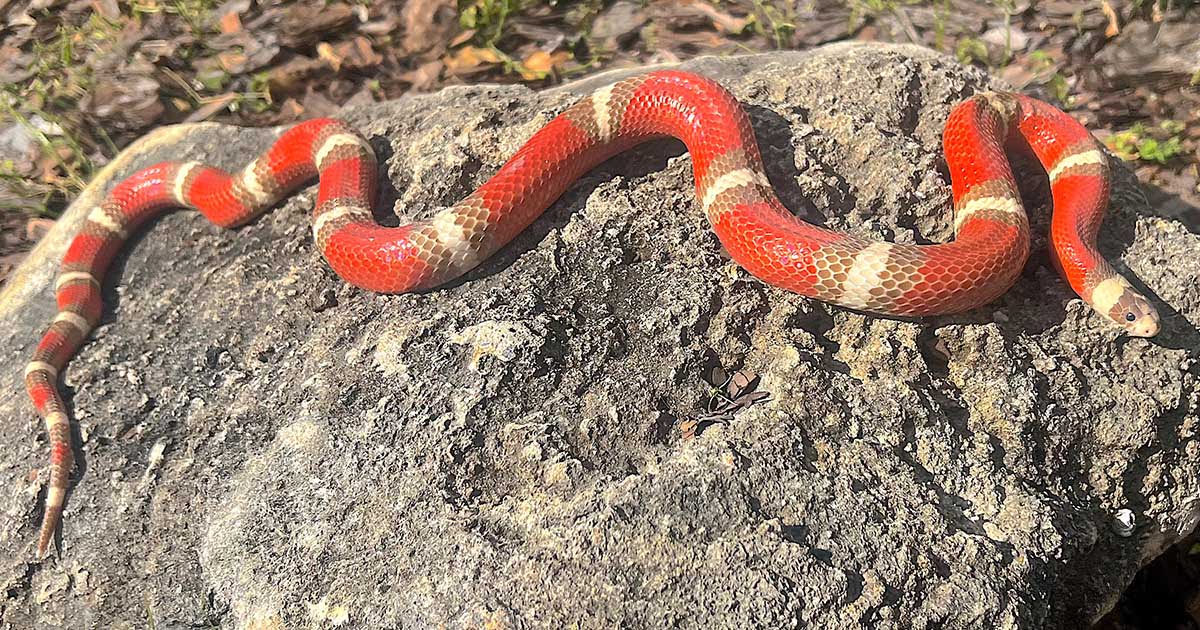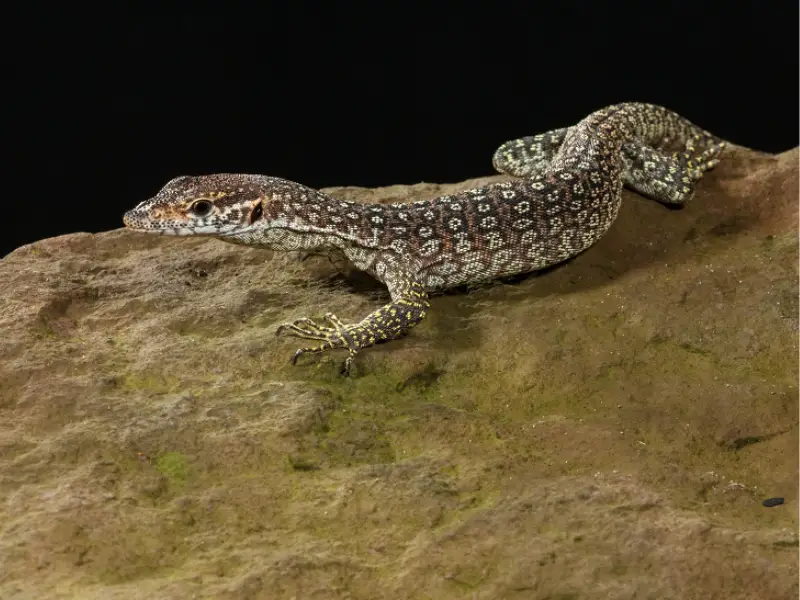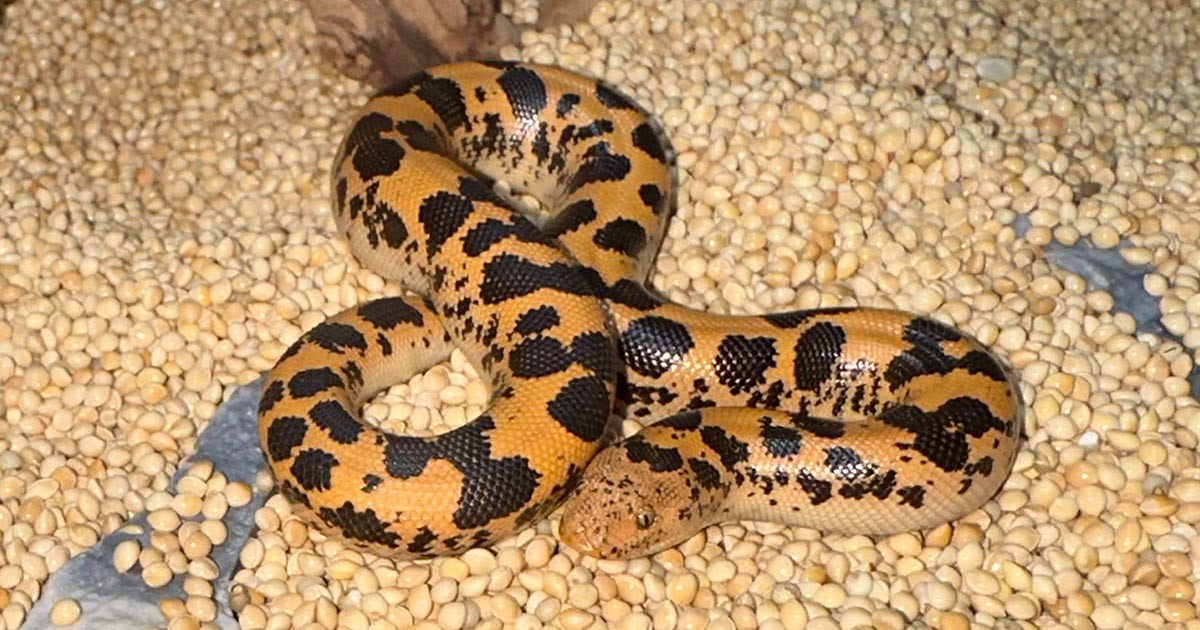Things I Liked About the Kages 4’x2’x2’ Premium White PVC Reptile Enclosure
Tempered glass doors. Glass doors may be heavy, and there’s always the risk of shattering, but they’re also far more durable than acrylic, which makes them a better long-term option. They’re also easier to clean! I have experience with both materials, and in my opinion, glass is always superior.
White color option. White reptile enclosures are usually associated with melamine, which is a type of manufactured wood consisting of particle board coated in laminate. The material is strong and attractive, but it has a major flaw: if water seeps into the particle board interior, the whole thing begins to crumble! White PVC provides the same clean white aesthetic and bright interior, but without the risk of critical failure in the presence of water. White reflects light, and so as an additional benefit it may be more effective for maintaining live plants and even stimulating activity in sun-loving species such as bearded dragons and uromastyx.
Great ventilation options. With up to 4 sets of vents and cutouts that create almost a full screen top, Kages enclosures are capable of offering some of the best ventilation on the market. When leveraged properly, this means healthier animals!
High UVB permeability. The wide openings on the material used for the screen top mean that less UVB gets blocked, improving the efficiency of UVB lamps placed on top of the enclosure. According to my calculations, this screen blocks only about 18% of light, which makes it one of the most UVB-friendly tops on the market!
- Kages = 18% block
- Custom Reptile Habitats = 23%*
- Zoo Med = 34%*
- Exo Terra = 35%*
- com = 43%*
- Carolina Custom Cages = 45%*
- ReptiZoo = 45%*
- Zen Habitats = 45%*
- Toxirium = 49%
*Data courtesy of independent testers in the Reptile Lighting community on Facebook, Guide 1. All measurements are approximate.
Tight seams. The frameless design enables tighter seams, making it less leak-prone than framed designs. This also makes it easier to seal with silicone.
Quiet assembly. Because you don’t have to hammer anything together (as is a weakness of framed enclosures), Kages enclosures can be assembled nearly silently, especially if you’re using a screwdriver rather than a drill.
Simple takedown. The frameless design also makes this enclosure easier to take apart, although perhaps not as quick as models which arrive partially pre-assembled. This makes it MUCH easier to move the enclosure from one location to another when needed.
Labeled parts. Each piece of the enclosure is clearly labeled with a sticker to help guide the building process. I especially like that the door tracks have specific stickers which indicate exactly where to put the center brace, which is a thoughtful touch that removes a lot of guesswork. There are even pre-drilled guide holes to tell you exactly where to place the screws, and to facilitate assembly with a screwdriver.
Clear center brace. Center braces are a structural necessity for many PVC enclosures, particularly the frameless ones, and generally I don’t like the way they make the enclosure look. Plus, they usually cause visibility problems (which was one of my big complaints about the former design). Kages seems to have solved this by using a discreet “invisible” brace!
Extra screws included in case you lose a few. We’ve all been there, and the last thing you want is to waste an hour matching hardware at the store, then find the missing screw two days later.
Removable doors. Like glass doors, I consider removability to be an essential feature for any modern reptile enclosure with doors that slide rather than hinge. Removable doors make them easier to clean and makes enclosure setup and maintenance a whole lot more convenient.



